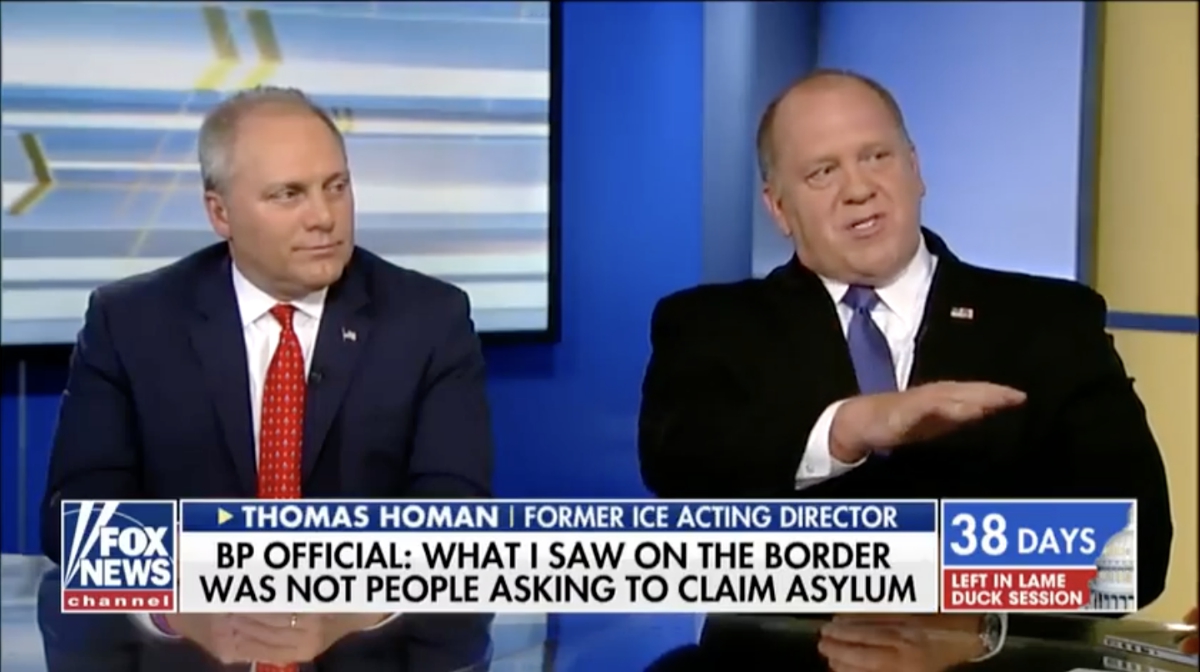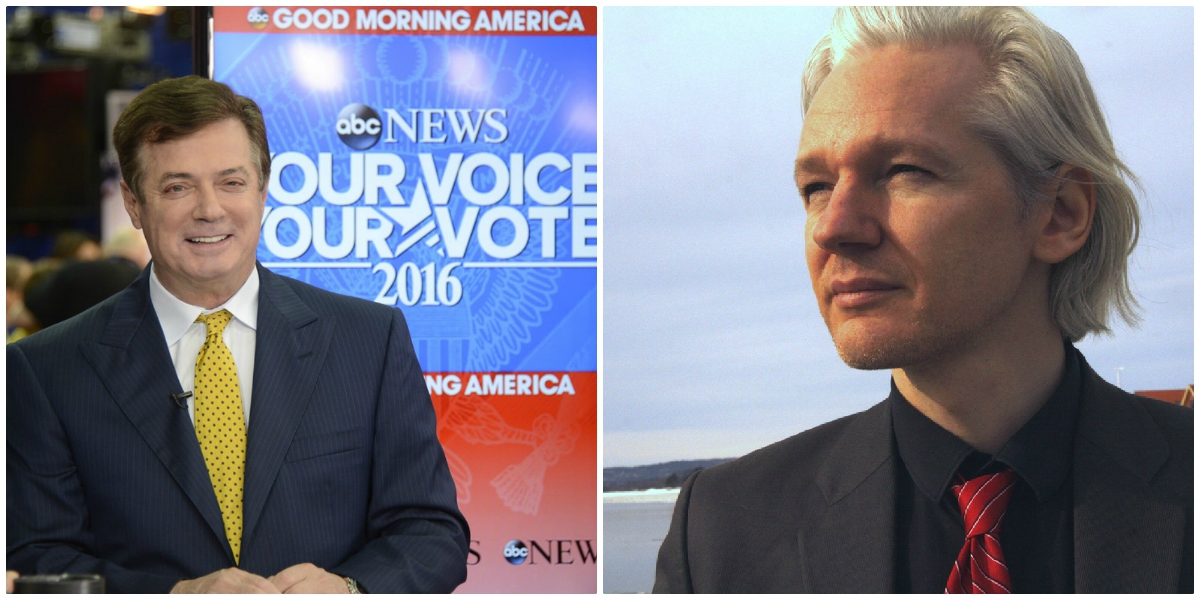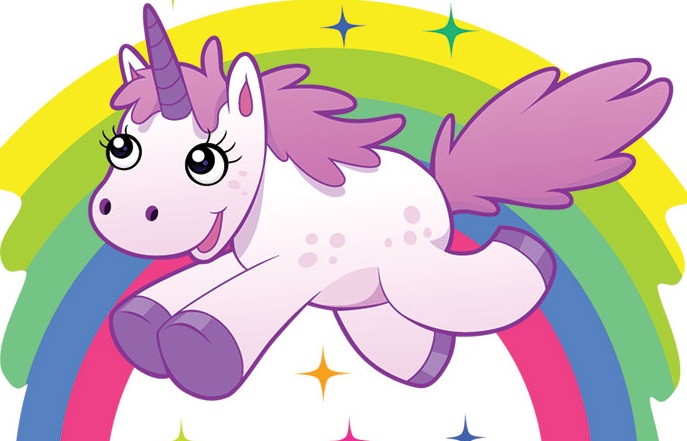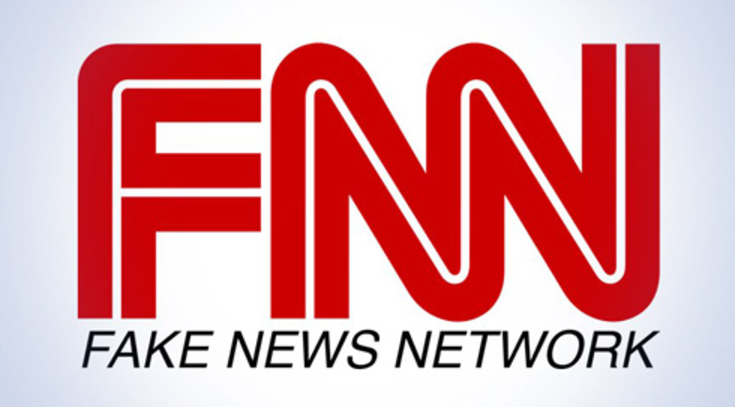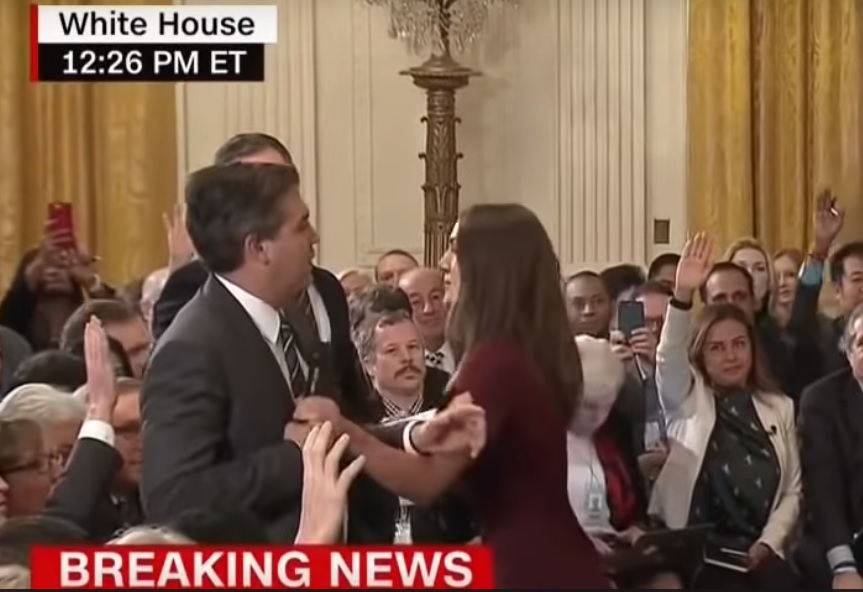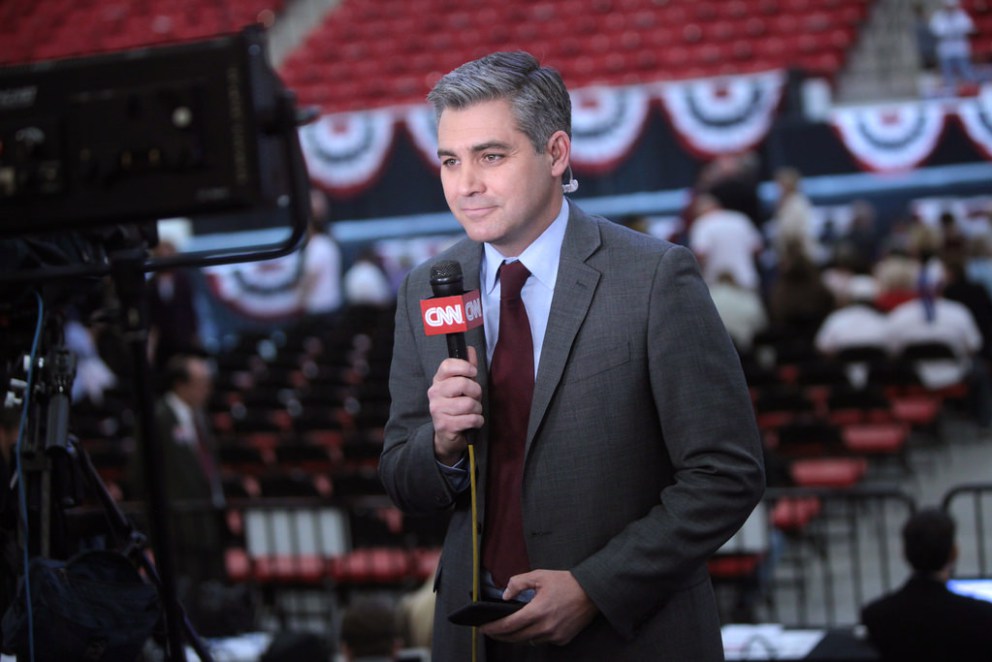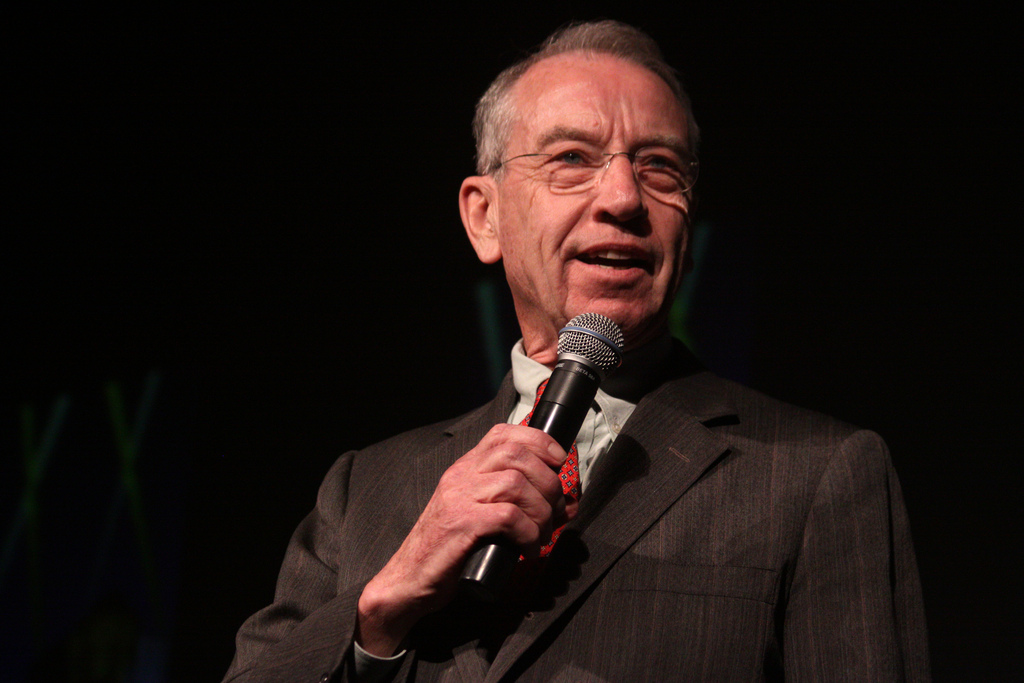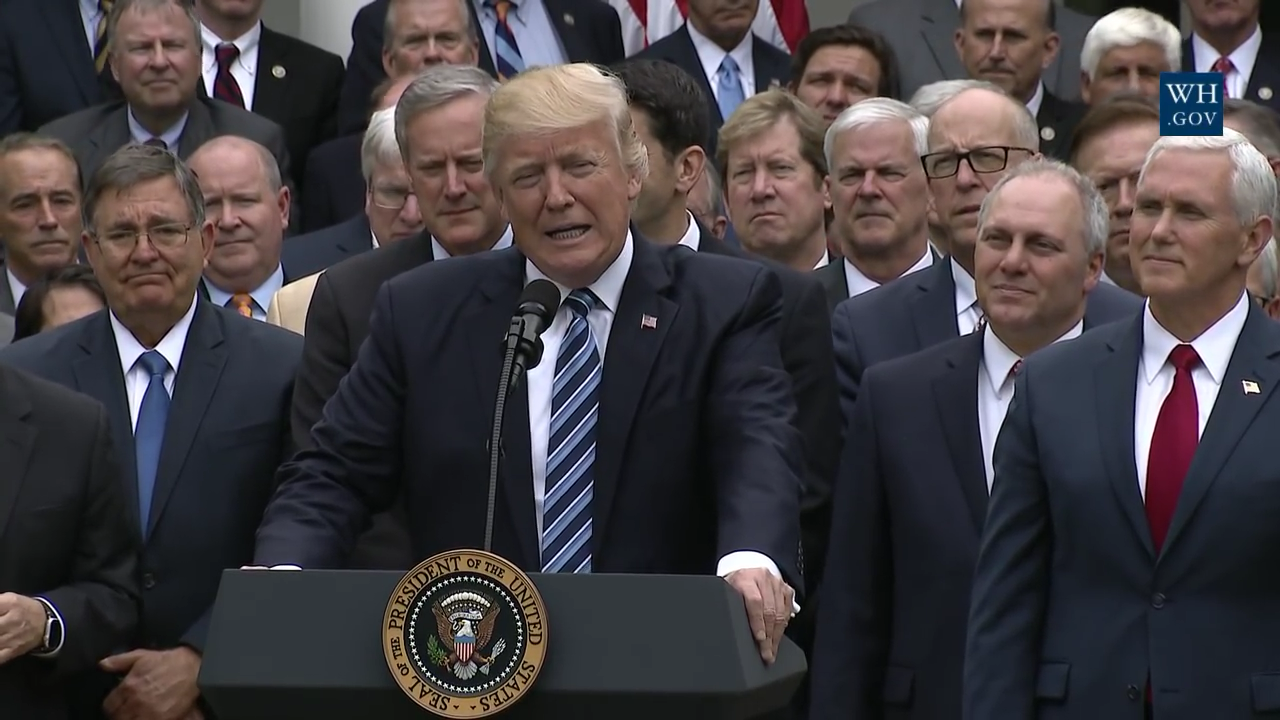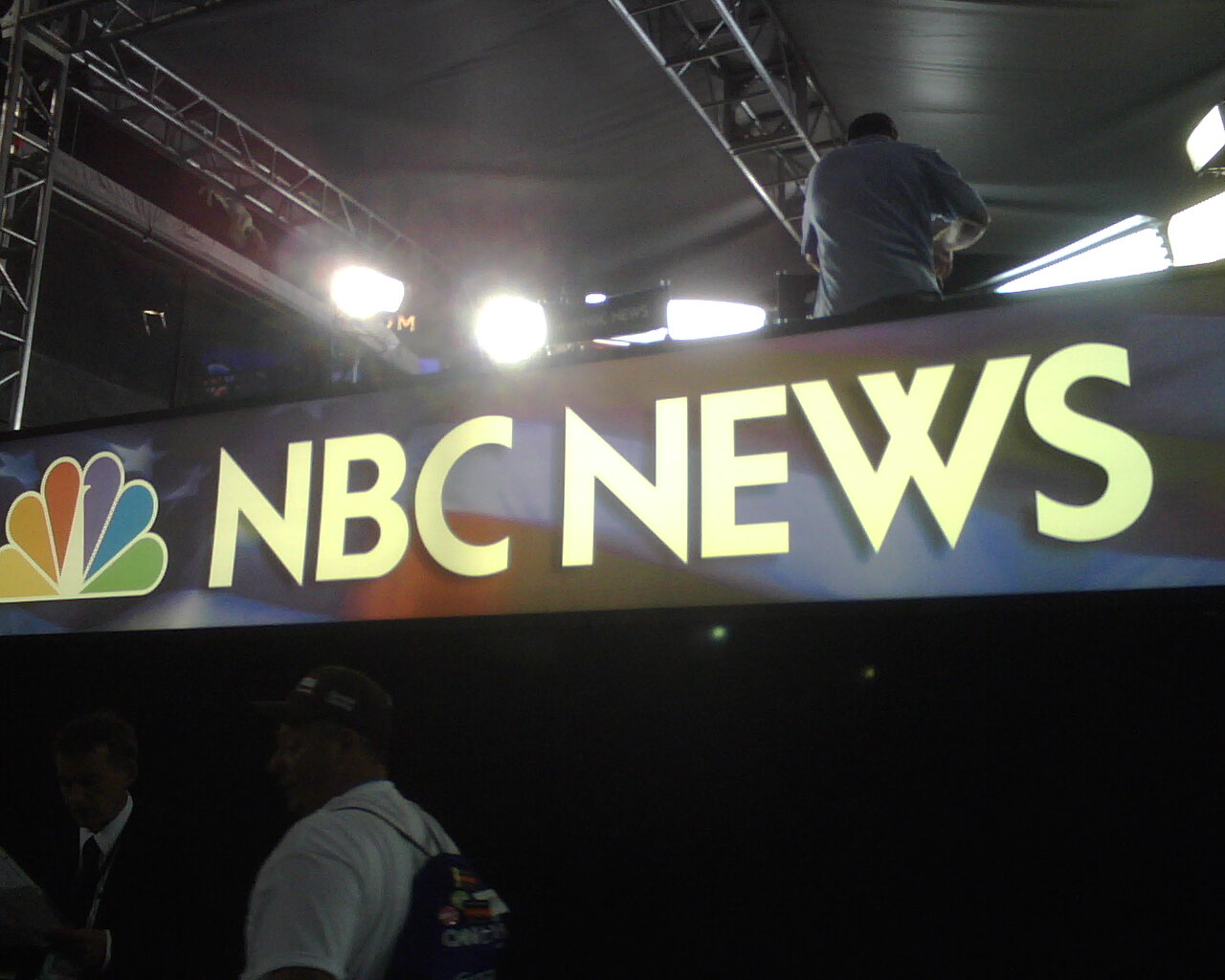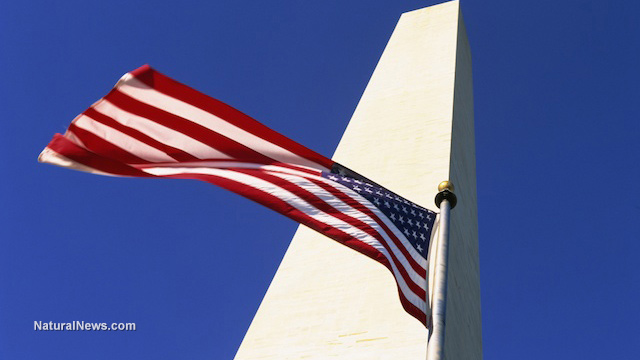NOT crazy: Trump didn’t get punked by China’s leader, he may have just avoided World War III
02/13/2017 / By JD Heyes
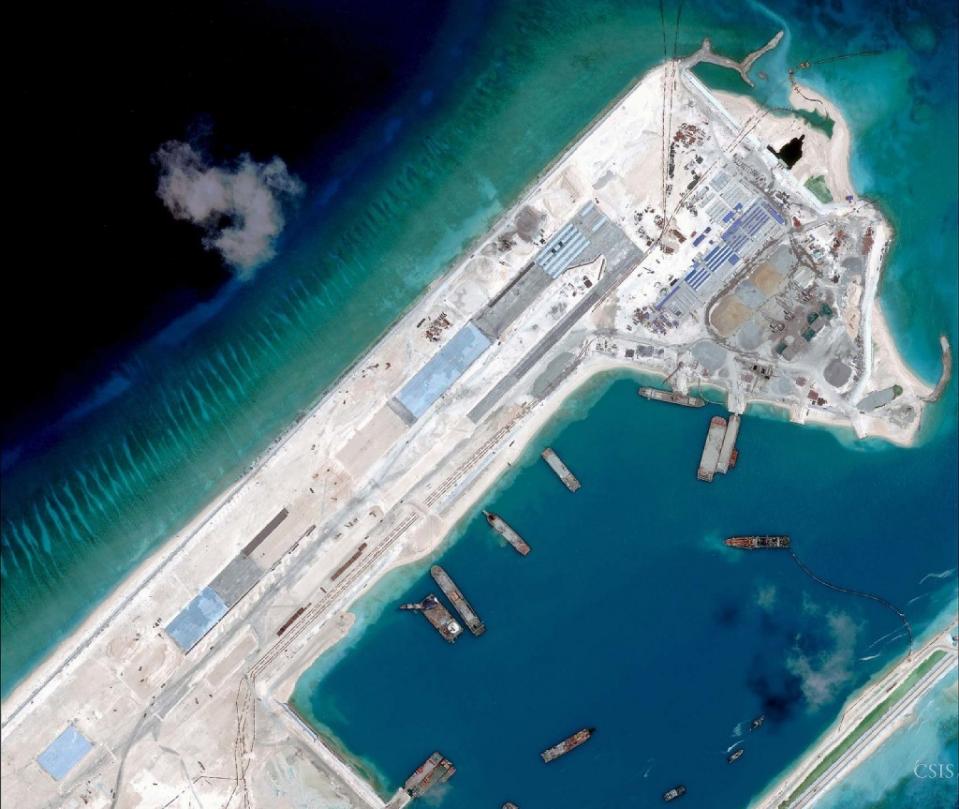
During his campaign, candidate Donald J. Trump talked regularly about how China was taking advantage of the U.S. over trade thanks in large part to “bad deals” made by previous administrations.
In June of last year, during a campaign speech in Pennsylvania, Trump vowed, as he would often do, to punish China and renegotiate the bad trade deals that have sapped the U.S. of much of its manufacturing prowess and the employment that went with it.
After China was given membership into the World Trade Organization in 2001, the Los Angeles Times reported, the trade imbalance between two of the world’s biggest economies really grew:
Chinese exports to the U.S. have soared ever since, reaching a record $482 billion last year. And by some economists’ estimates, Chinese imports have resulted in a net loss of about 2 million domestic jobs from 1999 to 2011.
Fast forward several months to early December, shortly after he defeated two-time presidential loser Hillary Clinton: Trump took a congratulatory phone call from Taiwan President Tsai Ing-wen, which broke decades of protocol and greatly upset the Chinese. (RELATED: Conservative foreign and domestic policy news updated daily at Conservative.news)
Then, a few days later, Trump appeared to openly question the United States’ long-standing “One China” policy – that is, the U.S. only officially recognizes China as an independent, sovereign nation and not Taiwan, which has governed itself independently since the Communists defeated the Nationalists in a long-running civil war that finally ended in 1949.
As The Hill noted, “Jimmy Carter formally declared Beijing the sole government of China in 1979, which ended formal U.S. diplomatic relations with Taiwan.”
“Adhering to the ‘one China’ principle is the political bedrock for the development US-China relations. If it is comprised or disrupted, the sound and steady growth of the bilateral relationship, as well as bilateral cooperation in major fields would be out of question,” said an editorial in the Chinese Global Times newspaper, as quoted by CNN. Since all media is controlled by the government, China’s communist leadership often uses them as an organ to make quasi-official statements.
With so many issues on the table and so much pent-up tension with China left over from the Obama administration, it appeared that Trump and Chinese President Xi Jinping were on a collision course that could wind up triggering the start of World War III. But then something happened last week: Trump and Xi spoke over the phone, and reports note that Trump has signed on to the One China policy.
So, did our president get punked by the Chinese leader? Did he get out-negotiated? Was he humiliated, as his political enemies are claiming? Or did he just avoid plunging the U.S. into a major shooting war with the world’s most populous country and second-largest economy?
I see it as the latter. As reported by The National Sentinel:
Dr. Steve Pieczenik, a long time covert operations and regime change expert, in an interview with Alex Jones, said he believes China has many more internal problems than most people are aware. And he does not believe Xi has a handle on the country’s deeply embedded economic problems.
In short, he thinks China is not as stable as it appears, and that additional aggravation by the United States could push the Chinese leader to the brink. (RELATED: Stay current on the biggest threats to U.S. security at NationalSecurity.news)
“Xi…really can’t handle the economy, which is totally messed up,” Pieczenik said. “There’s a huge outflow of cash that’s going into the United States and elsewhere. He has a major devaluation of the yuan (China’s currency). He has companies that are so corrupt that they’re making up numbers for the bonds that they’re selling in the trillions of dollars. And he has political unrest.”
So U.S. foreign policy, he says, should focus on helping Xi “stabilize his government before he thinks that an external war can help him out.”
It appears that Trump has taken that path in patching up the rocky start with his Chinese counterpart. And isn’t that a much better path?
For all of Trump’s detractors who portray him as some out-of-control lunatic with his fingers on the nuclear trigger, our president may have just made the best decision he could have in order to avoid ratcheting up tensions in the short term. Even though Taiwan is obviously an independent nation (and deserves to be recognized as such), the last thing Trump wants is to leave the Chinese president with little choice but to lash out militarily in an effort to detract from his country’s internal problems while at the same time rallying his people.
How’s that for not being the crazed, egomaniacal caricature he’s made out to be?
J.D. Heyes is a senior writer for NaturalNews.com and NewsTarget.com, as well as editor of The National Sentinel.
Sources:
Tagged Under: China, One China policy, President Donald Trump, Taiwan, World War III

